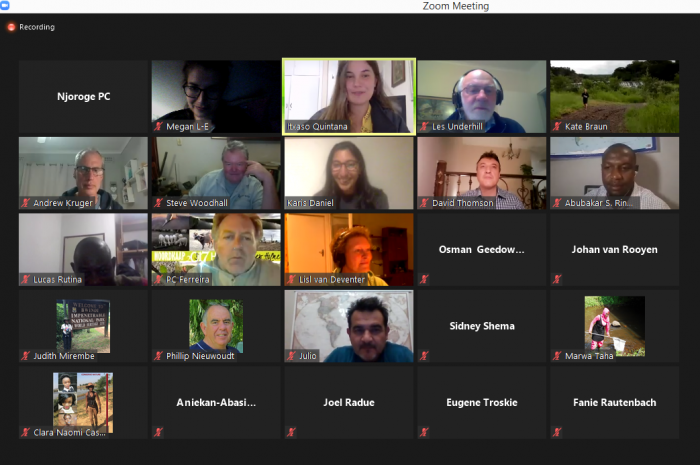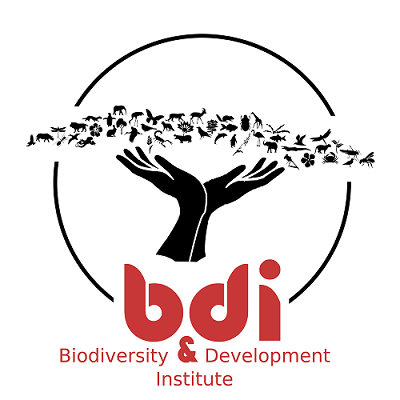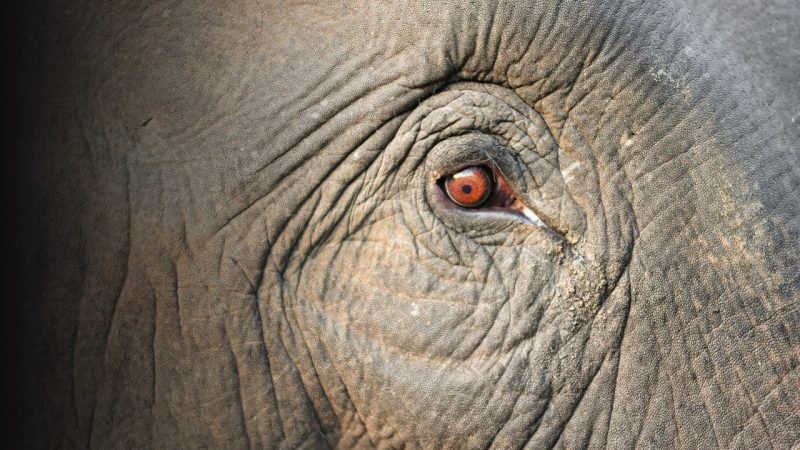Life in lockdown has become almost normal. I, for one, have lost count of the number of days we’ve been in lockdown here in South Africa. We adapt to the ebb and flow of this strange new reality and life continues. On the BioMAPping front things have been fantastic! Citizen scientists from across Africa have united under the common cause of being ambassadors for Africa’s biodiversity. The global corona virus pandemic has not dampened the spirits of citizen scientists!
BestJuly for the Virtual Museum
We reached BestJuly in the Virtual Museum by more than 1,300 records. BioMAPpers uploaded 8,160 records to the VM for July 2020, compared to the previous BestJuly of 6,805 records. Well done BioMAPpers! It is awesome to see so much enthusiasm for biodiversity.
We added 20% more records to distribution maps in July 2020 than we did in July last year. We both filled in gaps in maps, and we refreshed old records, providing up-to-date evidence of continued occurrence in grid cells. Well done, Team Virtual Museum. July was also memorable for the initiation of the Citizen Scientist Hours and Virtual BioBashes. Watch this space for details of future events. If you missed them live, you can catch up with them on the BDI YouTube channel.
BDI BioBash for Africa
Keeping distribution maps up to date is the key objective of the Virtual Museum. So in July, we held a BDI BioBash for Africa. We encouraged all our citizen scientists to collect data for the Virtual Museum wherever they are on the African continent, and in whatever places they are able to reach. It’s winter here in the southern bit of Africa, so this is the opportunity for citizen scientists in warmer climates to shine. This is from about the Limpopo Valley northwards! We hosted four Virtual BioBashes during the month, on 10, 19, 28 and 31 July. The Virtual BioBashes were held on Zoom, so all you needed to attend was an internet connection.
We gave as many participants as possible the opportunity to show-and-tell us about their BioMAPping adventures: two or three photos to show us where in Africa they BioBashed, and some photos to show us what they discovered and uploaded to the Virtual Museum.

We had BioMAPpers from all over Africa joining in: Somalia, Nigeria, Liberia, Kenya, Botswana, Namibia, South Africa, and many other countries. It has been great to connect with so many enthusiastic people across the continent.
You can catch up on all the wonderful July BioBash presentations here: https://www.youtube.com/playlist?list=PLiP0CQKPs5gNOg82dExM_OxvByKzrqYwq
Citizen Scientist Hours
During July we have also been hosting Citizen Scientist Hours on Zoom. It has been great fun and very informative. These “Hours” have been a great opportunity for the citizen scientist community in Africa to come together and learn from each other.
The second BDI Citizen Scientist Hour was held on Sunday evening, 5 July. It was a Zoom event, so people could participate without travelling. The presenters for the evening were:
- PC Ferreira – Why is it a good idea to submit lots of records to the Virtual Museum AND visit the Karoo Gariep Nature Reserve?
- Taylyn Risi – Are you able to help me with data collection for my MSc project?
- John Wilkinson – How did I get passionate about dragonflies and damselflies?
- Sidney Shema – What has the bird atlas project in Kenya achieved?
Once upon a time PC was just a sheep farmer in the Karoo; now he is working out how to do sheep AND biodiversity. Taylyn is an MSc student at UCT, researching moult in as many of the world’s oystercatcher species as feasible. She also sings the songs she writes. John sends tons of grapefruit, lemons and oranges all over the world from Tshipese in Limpopo. Ten years after his first encounter with a dragonfly he heads the OdonataMAP expert panel. Sidney is based in Nairobi at the Ornithology Section of the National Museums of Kenya. He is the coordinator of the Kenya Bird Map project.
The third BDI Citizen Scientist Hour was held on Wednesday evening, 15 July. The three presenters for the evening were:
- Clara Cassell – Liberian Bird Atlas Project
- Rio Button – on the exciting Wildcards.world initiative
- Steve Woodhall – how an industrial polymers specialist came to write the definitive butterfly guide for South Africa!
If you would like to be part of these events, please email Itxaso Quintana (itxaso@thebdi.org) or me (megan@thebdi.org). We need your name and email address, and we will send you the details of how to attend a day or so beforehand. We plan to do many more Citizen Science Hours and Virtual BioBashes.

